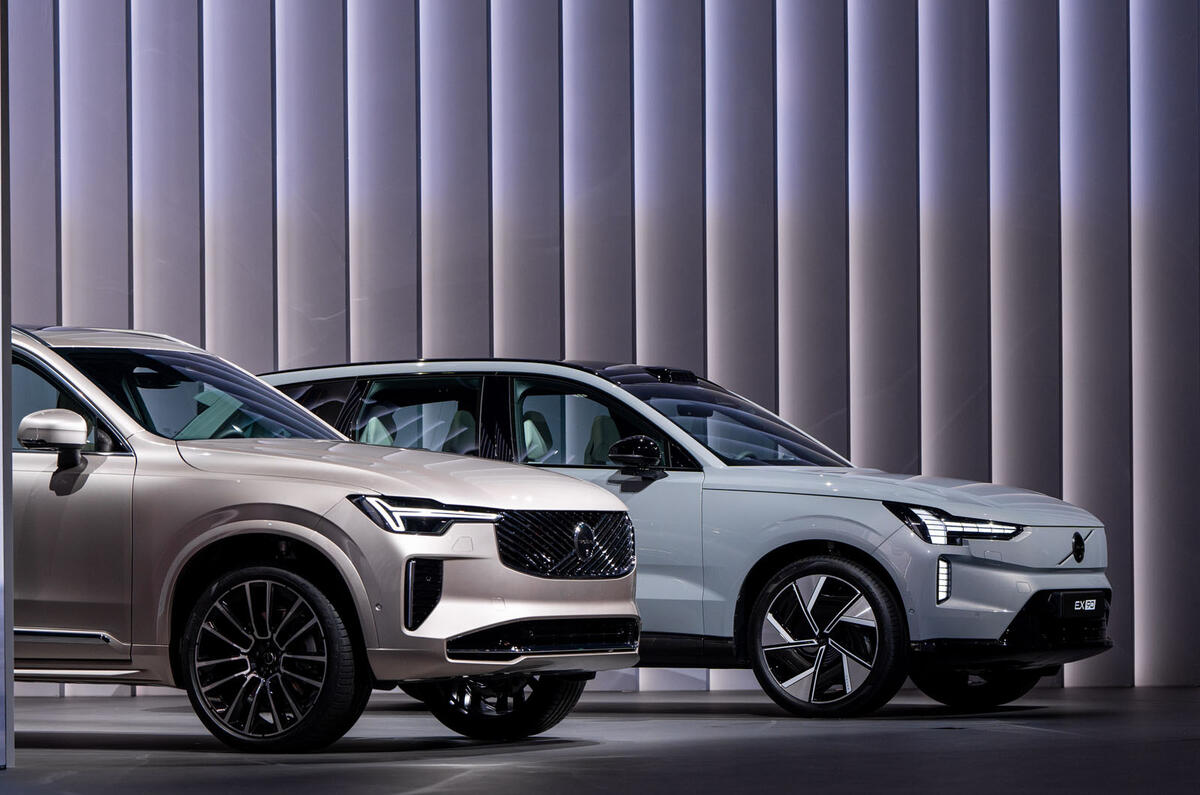The spike in Tesla’s share prices in 2021 – eventually valuing the electric car maker past one trillion dollars – triggered an unprecedented wave of optimism towards EVs among the boardrooms of global car companies.
With the financial markets rewarding bold strategies that involved an early exit from combustion engines, car companies were happy to set bold targets.




Add your comment